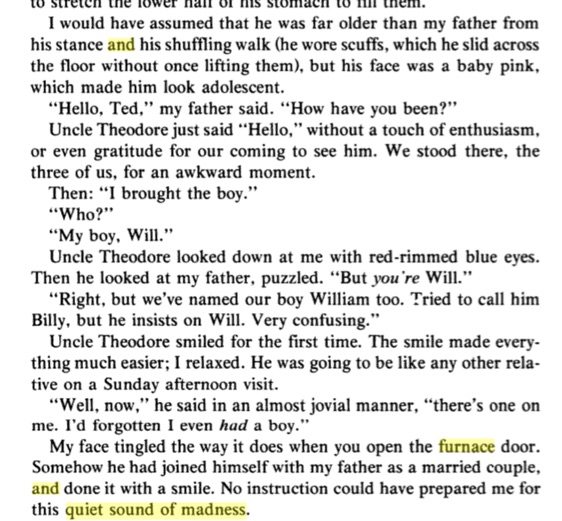Stephen Minot
Sausage and Beer
Home
Search Site by Topic
Fiction
Memoirs and Essays

Stephen Minot Sausages and Beer.jpg
Home
Search Site by Topic
Fiction
Memoirs and Essays

Stephen Minot Sausages and Beer.jpg
|